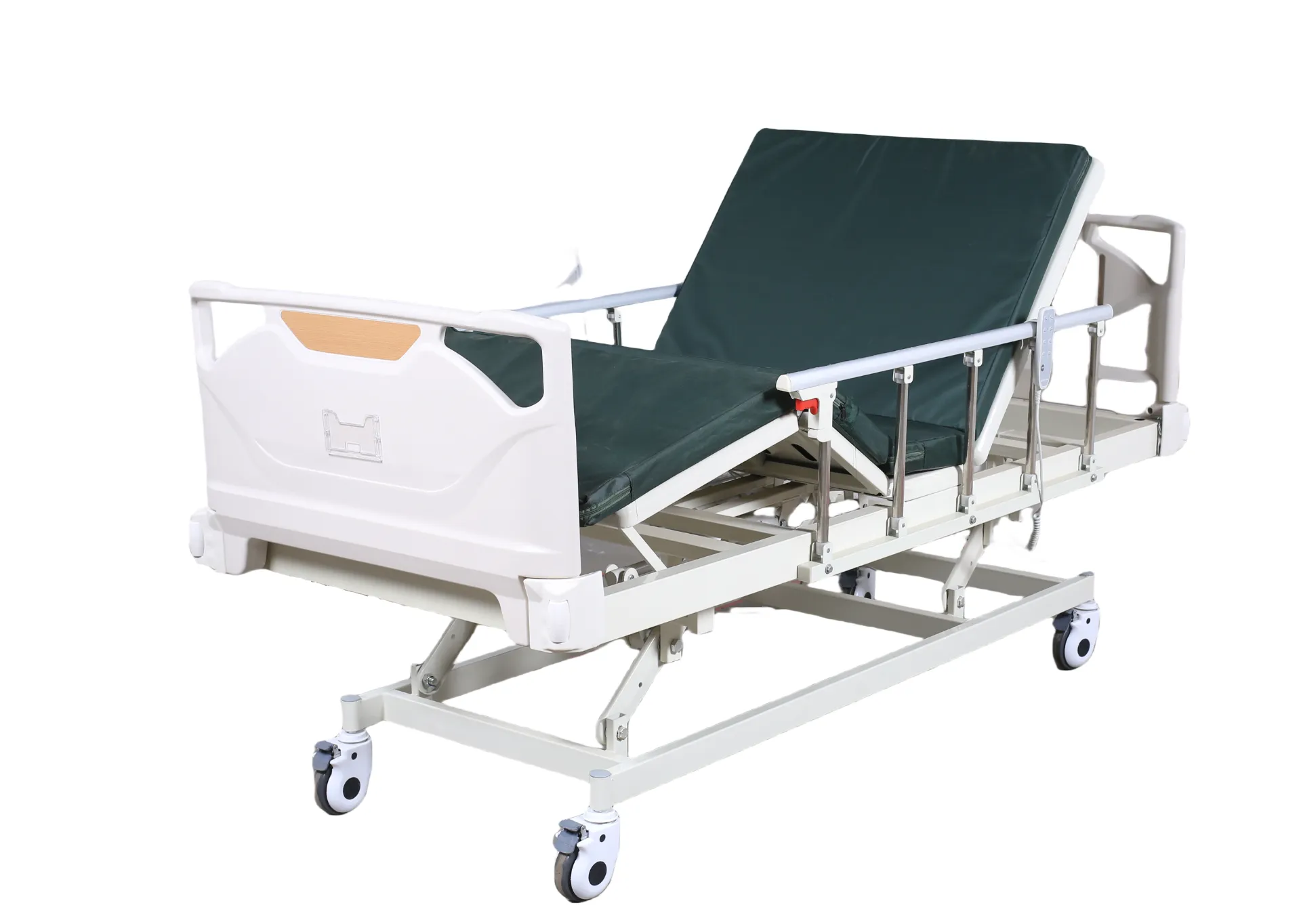Welcome to our websites!
medicare and electric wheelchairs
Medicare and Electric Wheelchairs A Guide for Patients
Navigating the world of healthcare can often feel overwhelming, particularly when it comes to understanding insurance coverage and the options available for mobility aids like electric wheelchairs. For many individuals, especially seniors or those with disabilities, electric wheelchairs can significantly enhance their quality of life by providing greater independence and mobility. Fortunately, Medicare recognizes the importance of these devices and offers coverage under specific circumstances.
Understanding Medicare Coverage for Electric Wheelchairs
Medicare, the federal health insurance program for people aged 65 and older, as well as certain younger individuals with disabilities, provides coverage for durable medical equipment (DME), which includes electric wheelchairs. However, there are specific guidelines that must be met for patients to qualify for coverage.
1. Medical Necessity To receive an electric wheelchair through Medicare, a physician must evaluate the patient and determine that the device is medically necessary. This typically involves a thorough examination, review of the patient’s mobility needs, and documentation of the inability to use a standard manual wheelchair or other mobility aids.
2. Documentation Requirements Medicare requires detailed documentation from the prescribing physician, including a written order specifying the medical necessity for the electric wheelchair. This order should also outline the patient's diagnosis, prognosis, and any previous attempts to use less complex mobility aids.
3. Type of Electric Wheelchair Medicare classifies electric wheelchairs into different categories based on their complexity and features. The coverage will vary based on the type of wheelchair prescribed. For instance, basic models may qualify for a more straightforward reimbursement process, while those with advanced features may require a more extensive approval procedure.
Types of Electric Wheelchairs Covered by Medicare
Medicare primarily covers two types of electric wheelchairs
- Power Operated Vehicles (POVs) Designed for individuals who can operate the device themselves but have limited mobility. These models are less complex and may sometimes be referred to as scooters.
- Power Wheelchairs Suitable for individuals who require a more advanced mobility aid due to significant impairments. These options can be customized with various features, such as reclining seats and adjustable footrests.
medicare and electric wheelchairs

Both types have specific coverage requirements, and it’s crucial to consult with healthcare providers to determine which model meets the patient's needs and qualifies under Medicare's criteria.
Costs and Coverage
Once the medical necessity is established, Medicare will typically cover 80% of the approved amount for an electric wheelchair after the patient meets their annual deductible. Patients are responsible for the remaining 20%, often referred to as coinsurance. Additionally, depending on their specific plan, beneficiaries may have the option to choose suppliers and negotiate costs if they are not satisfied with the pricing.
Tips for Securing an Electric Wheelchair Through Medicare
1. Consult with Healthcare Professionals Engaging with physicians and therapists can help clarify the medical need for an electric wheelchair and ensure proper documentation is created.
2. Choose a Medicare-Approved Supplier Select a supplier that is enrolled in Medicare and has a history of providing quality service and products. They can offer guidance through the approval process and assist in addressing any questions that may arise.
3. Stay Informed About Benefits Regularly review Medicare’s coverage policies as they may change. Understanding your benefits can streamline access to necessary equipment.
4. Appeals Process If a claim is denied, patients have the right to appeal the decision. Ensure that all necessary documentation is in order, and work with your healthcare provider to present a strong case during the appeals process.
Conclusion
Electric wheelchairs can provide essential mobility and independence for those who need them. With Medicare covering a significant portion of the costs, qualified individuals can successfully obtain these devices, ultimately enhancing their quality of life. Understanding the process of securing an electric wheelchair through Medicare is crucial, empowering patients to take charge of their health and mobility needs. Always consult healthcare professionals to navigate this journey smoothly and ensure access to necessary resources.
-
Transforming Healthcare with Hospital FurnitureNewsJun.24,2025
-
Rehabilitation EquipmentNewsJun.24,2025
-
Mobility and Independence with WheelchairsNewsJun.24,2025
-
Freedom of Mobility with Our Rollator WalkersNewsJun.24,2025
-
Comfort and Independence with Commode ChairsNewsJun.24,2025
-
Bathing Safety and Independence with Shower ChairsNewsJun.24,2025
-
Navigating the Wholesale Landscape of Electric Mobility Solutions: Key Considerations for Power Wheelchair DealersNewsJun.10,2025











